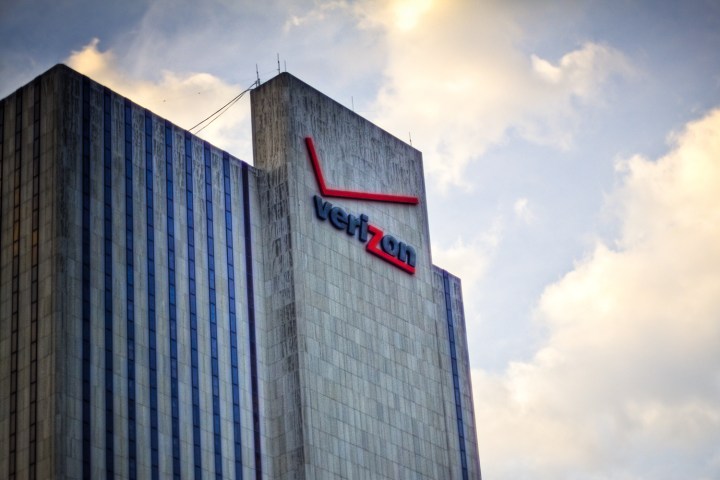
RootMetrics offered up its seventh iteration of the report earlier this week with hopes to equipping customers with “a holistic look at network performance across all the spaces of a consumer’s mobile life.” The study looked at the entirety of the country, each of the 50 states, as well as the 125 largest metropolitan areas across the U.S. The company determined that Verizon is best when it comes to mobile performance nationally. Big Red, actually, was dubbed the best provider in every category of mobile network performance testing, the second year in a row it has won this honor.
“Today’s connected consumers use their smartphones for almost everything,” said Annette Hamilton, director at RootMetrics. “While mobile networks continue to compete in order to determine how they stack up against each other, the real question is how they perform against their subscribers’ needs. Based on the latest RootMetrics mobile network performance results, it’s clear that all four major mobile carriers are racing to provide an excellent mobile experience — which makes consumers the real winners.”
Indeed, despite Verizon’s dominance, RootMetrics noted a number of impressive achievements and improvements from Big Red’s three main competitors; AT&T, T-Mobile, and Sprint. AT&T, for example, deployed the greatest amount of LTE spectrum among all carriers across the 125 metropolitan markets RootMetrics tested. Sprint, on the other hand, is the only carrier using Code Division Multiple Access (CDMA) technology for all its voice traffic, which RootMetrics calls a “robust technology for carrying voice traffic.” And T-Mobile is credited with utilizing the newest codec rate for VoLTE, Enhanced Voice Services (EVS), which RootMetrics says is the most efficient manner of hosting voice traffic.
So rest easy, phone owners. No matter who you’re giving your business to, you’re probably in pretty good hands.
Editors' Recommendations
- Have T-Mobile? Your 5G service is about to get much faster
- The best prepaid phone plans in 2023: the 6 best ones
- T-Mobile’s 5G network just beat Verizon and AT&T (again)
- Ookla’s Speedtest determines the fastest 5G provider in the U.S.
- AT&T has fastest 5G networks, but T-Mobile has the best coverage, report says


